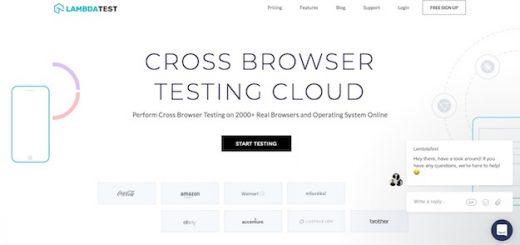In the UK there are three main credit reference agencies (CRAs) who compile information to create a credit report based on how well you make payments and manage credit.
When applying for finance, whether it’s a mortgage, a personal loanor many other types of borrowing, the lender will usually undertake a credit check of the borrower.
This is to make sure you can be relied upon to meet all repayments and uses various information to reach a decision whether to lend to you or not.

Information in Your Credit Report
When a credit check needs to be done, the person or company making the check can do so as long as you give permission to the credit provider. You have the legal right to check your own credit report online or as a written copy. You can also use tools like credit sesame to check your credit score and get a credit report for free.
Within your credit report there is a lot of information, including:
• Name, address and date of birth
• How much you currently owe lenders
• Late and missed payments on existing and past credit cards and loans
• County Court Judgements (CCJs) made against you
• Bankruptcy declarations, home repossessions
• If you’re on the electoral roll
Your salary, money in your accounts, student loans, criminal record, medical history, parking and driving fines are not included.
What Happens to the Data?
This information is stored and used to build a credit score, which differs between the three CRAs as they all have different systems. You can correct any mistakes by contacting the CRA to get it corrected, whether it’s your address or payment information, as every aspect will impact on your report. Usually on a monthly basis, lenders provide new data to the CRAs.
Who Can See My Credit Report?
All data on your credit report is held securely by the CRAs. Companies can only access it with a legitimate reason (if you’ve applied for lending normally). Banks, mortgage providers, creditors, lenders, debt collection, government agencies and sometimes potential employers can view your credit report. Sometimes you can refuse access and have to provide permission, but this will be detrimental to any credit applications.
Does a Credit Check Affect My Credit Score?
One of the biggest myths and fears is that checking your credit report, whether yourself or a third party, can affect your score. The checks made will be recorded but they will not affect your score. However, hard checks when an application for a loan, credit card or mortgage are made will be recorded and visible, which can put prospective lenders off if there are a lot.
Your data and information is safe and secure within your credit report, check it regularly and amend any errors for the best chance of borrowing in the future.




